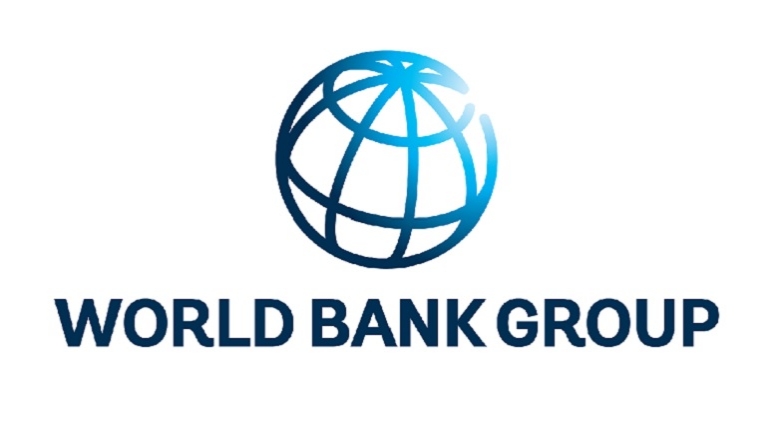What had already been a tenuous global food security circumstance prior to the onset of the Russia/Ukraine conflict is likely to grow worse and poor countries in the western hemisphere that had been facing food shortages long prior to the outbreak of the hostilities are now likely to be thrown into “the eye of the storm” according to a recent World Bank Assessment.
In its February 28 update of an earlier global food security assessment, the World Bank noted that the Russia/Ukraine conflict had been ignited even as many countries were already “facing growing levels of food insecurity, reversing years of development gains, and threatening the achievement of Sustainable Development Goals by 2030.”
Noting that both Russia and Ukraine “are major suppliers of wheat, maize, barley, and vegetable (sunflower) oil,” (between them they account for around 29% of global wheat exports) all of which are important food staples in most parts of the world, the World Bank assessment says that the conflict has further disrupted an already considerably dislocated global food supply regime which was now being exacerbated by what it describes as “a major shock for global commodity markets” which it said was “likely to exacerbate food price inflation in emerging markets and developing economies.” Global commodity markets, the World Bank says, face “upside risks” resulting from “reduction in grain supplies, higher energy prices, higher fertilizer prices, and trade disruption due to shutting down of major ports.”
The World Bank noted that the Russia/Ukraine crisis had come on the back of the COVID-19 pandemic which had already reduced incomes and disrupted supply chains.” It noted too that the current strains on global food security had come at a time when food prices had already arrived at “near all-time highs” as a result of “elevated input prices which, combined with high transport costs” it says ”are raising import bills.”
The World Bank notes that going forward, the situation can become even worse for “numerous countries” that had already been experiencing “high food price inflation at the retail level, reflecting labor shortages, a sharp rise in the price of fertilizer, currency devaluations, and other factors.”
While the Caribbean is unlikely to be the worst-affected region in terms of food prices as a result of the Russia/Ukraine crisis, reports from the region are already pointing to a likely worsening of the already existing food security decline in the region arising out of the COVID-19 pandemic. With economists and other public commentators now reflecting on how the conflict can affect what one article calls “an import-dependent region still reeling from the financial impacts of COVID-19 amidst supply chain disruptions, hikes in oil and commodity prices, rising shipping costs and limited availability of vessels and containers.” Insofar as regional food security is concerned, the Russia/Ukraine conflict provides Caribbean countries with something new to think about on the back of their abysmal failure over many decades to come even close to being food secure, despite their manifest potential to reach that gold.
Ironically, the outbreak of the Russia/Ukraine conflict found Heads of Government of the CARICOM Community (CARICOM) using a gathering in Belize to take yet another tilt at seeking to reduce the region’s food imports and to enhance what, in regional terms, has been an enduringly underperforming agricultural sector.
Perhaps worryingly for the mostly cash-strapped countries of the region, a former Managing Director of the World Bank, Juan José Daboub has reportedly gone on record as saying that most Caribbean governments now need to revisit the spending assumptions which they had made in their budget preparations by at least 20 per cent this year, in order to adjust to what are now changed circumstances.






